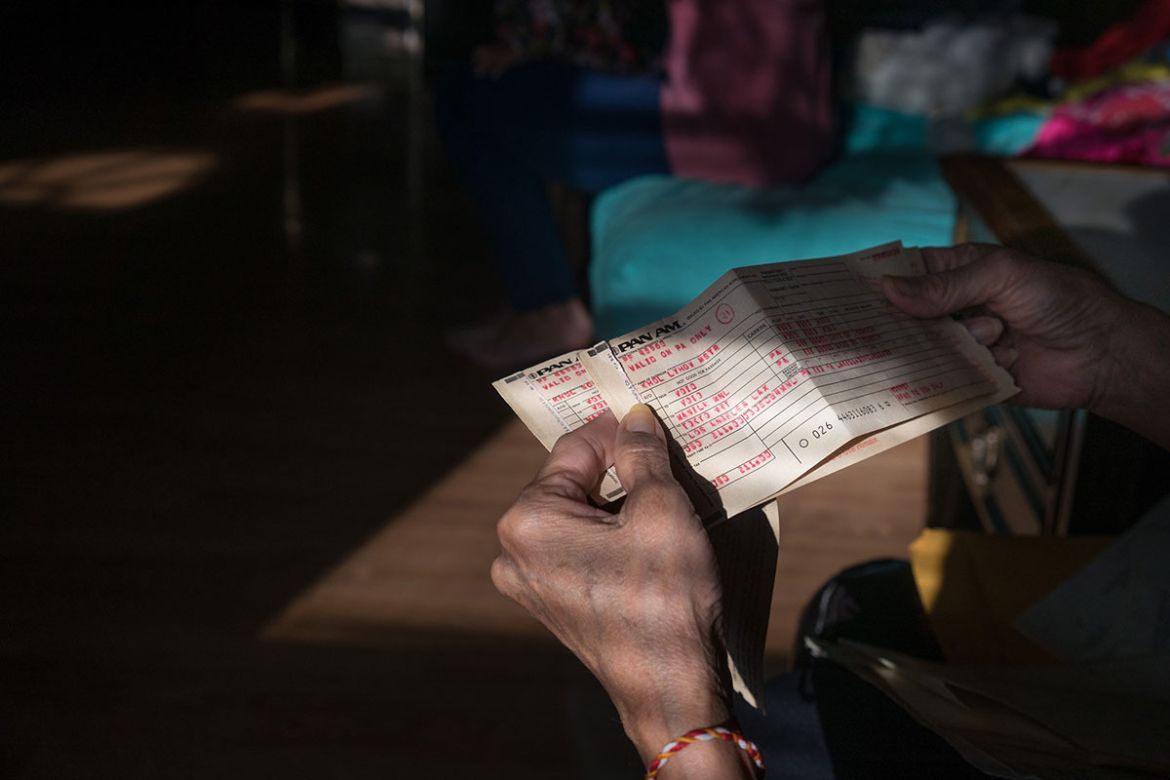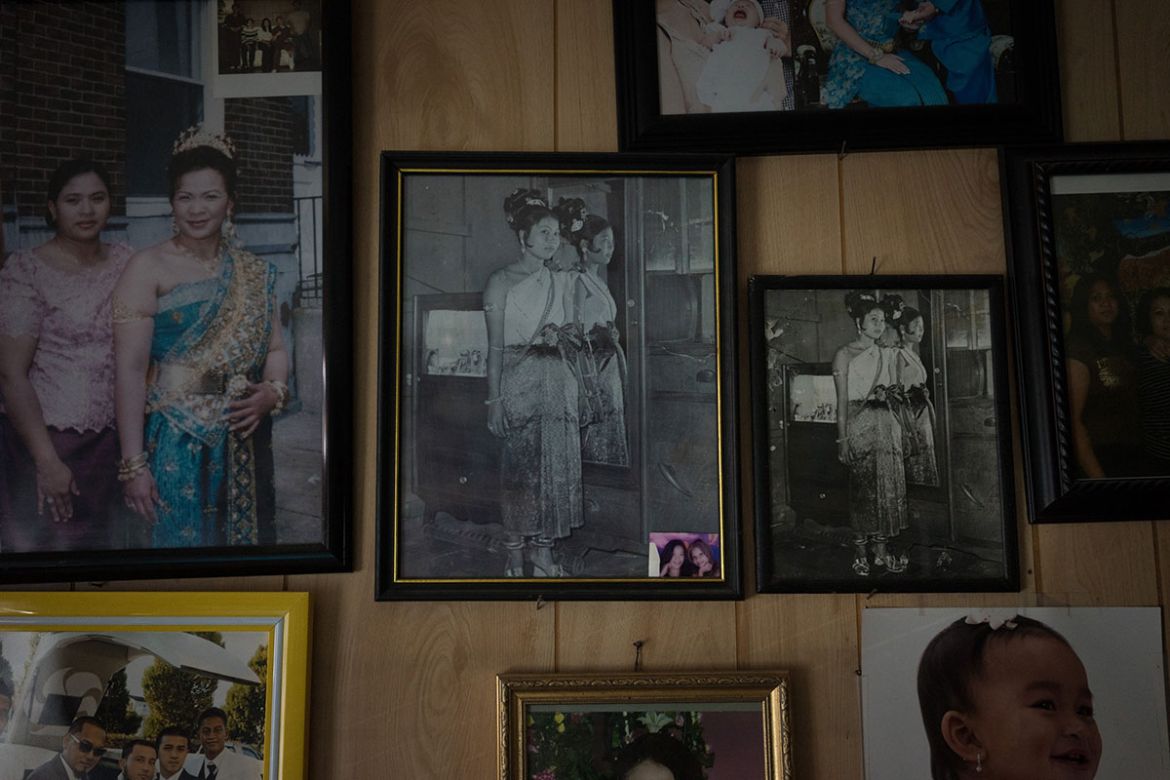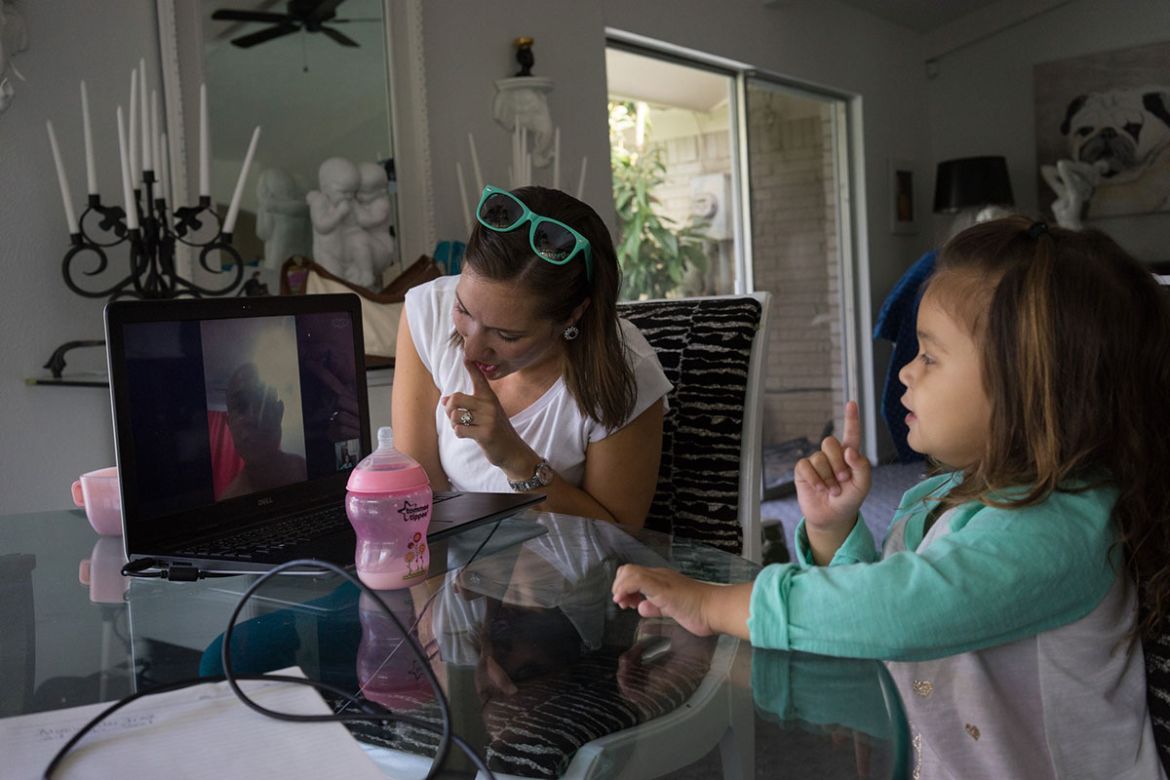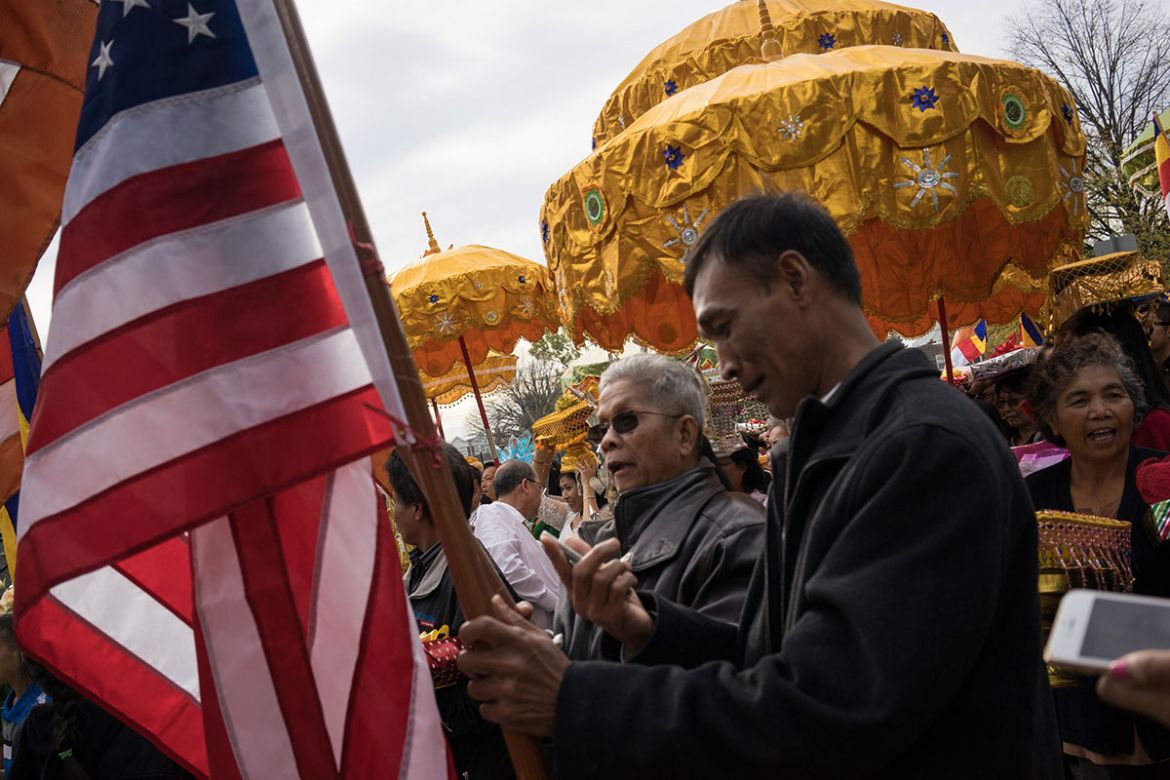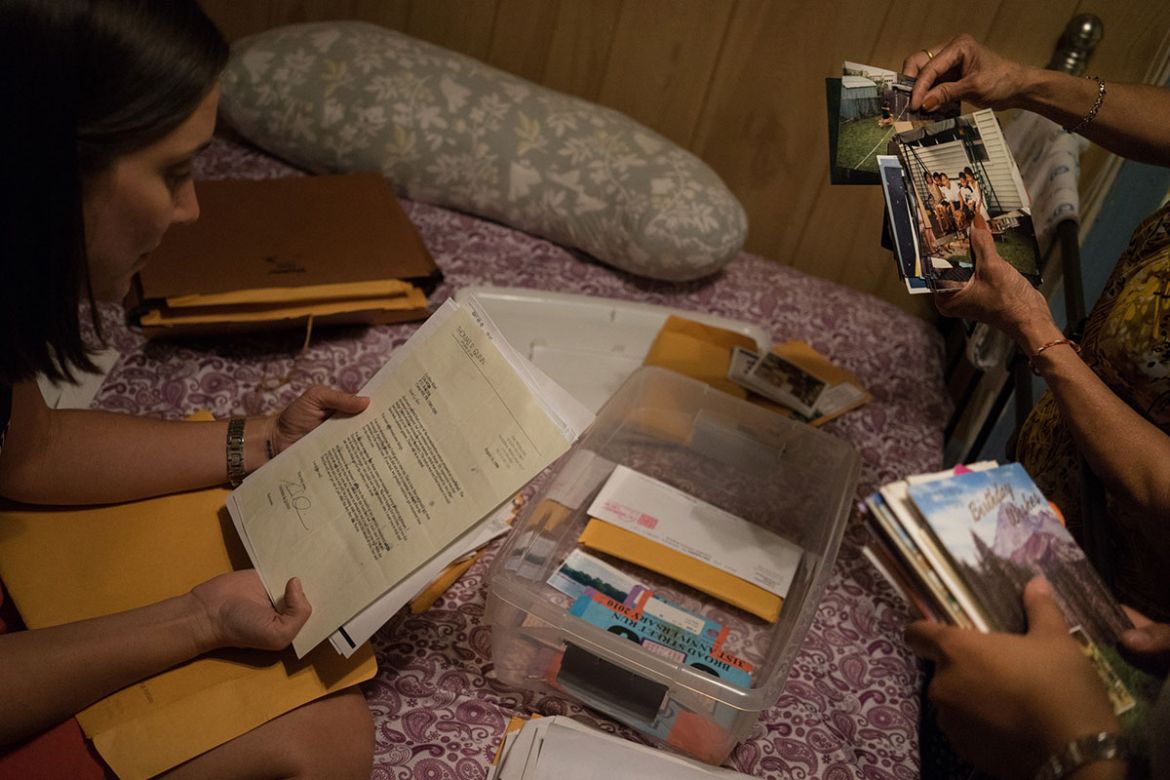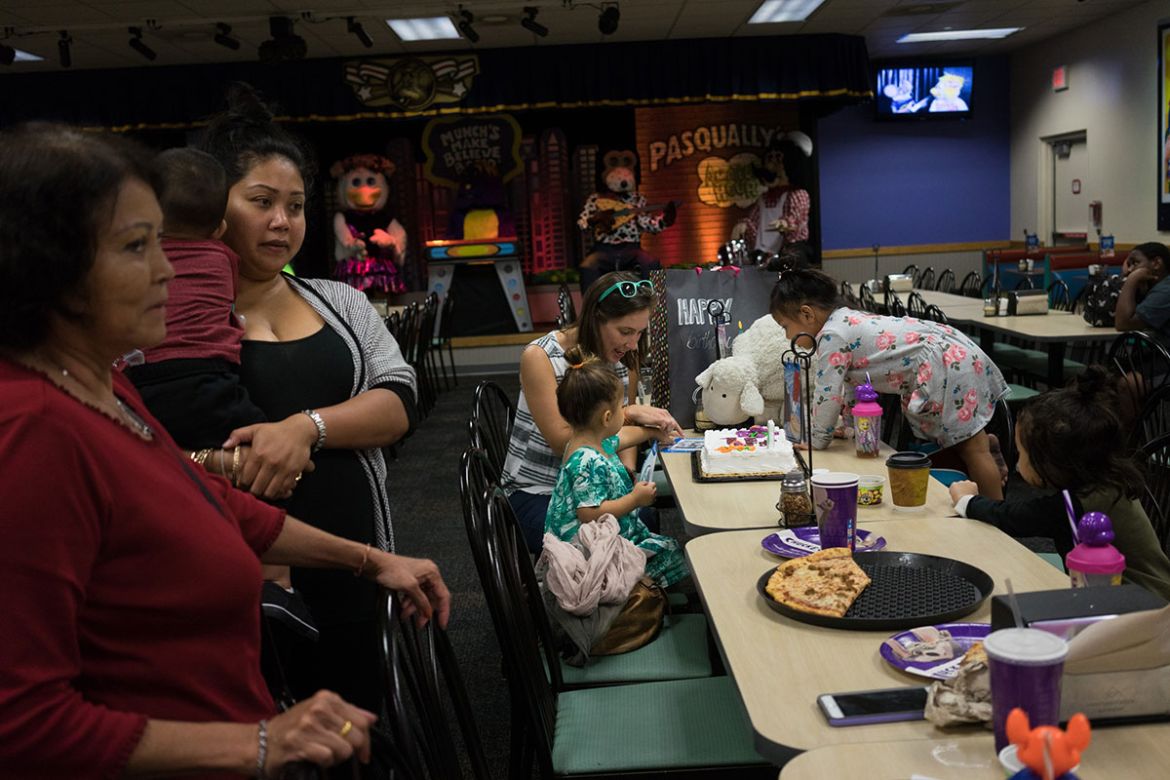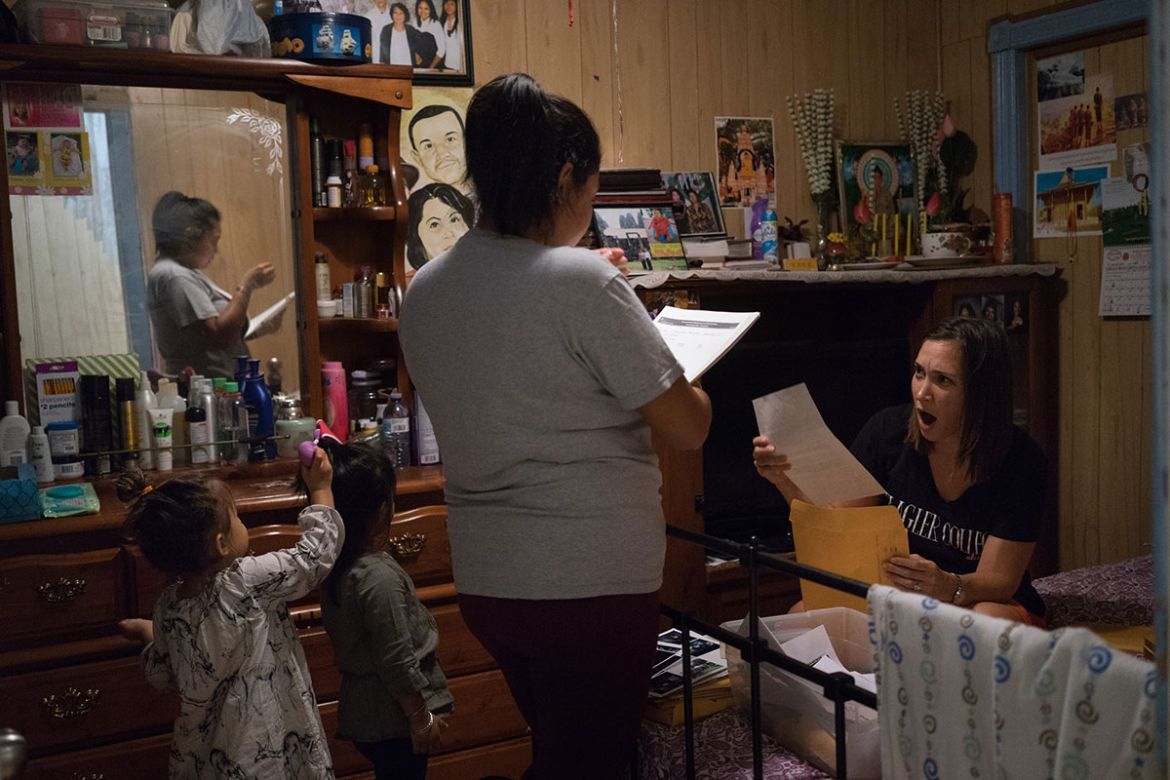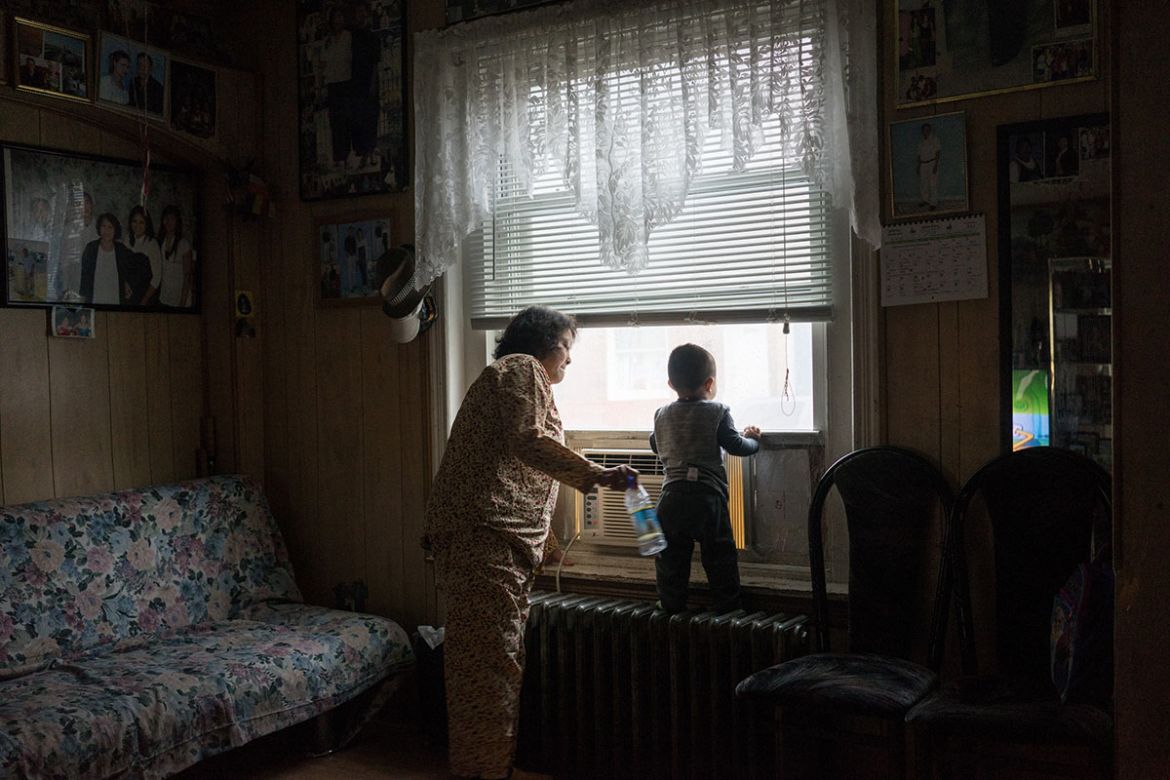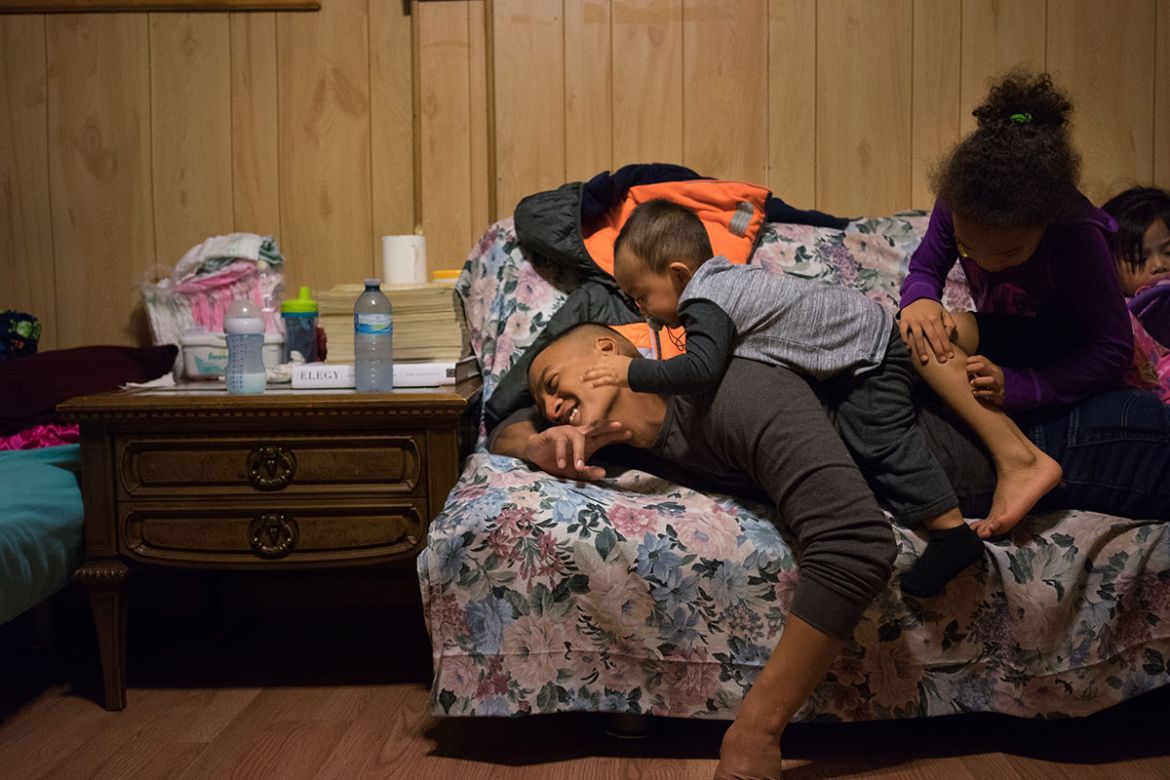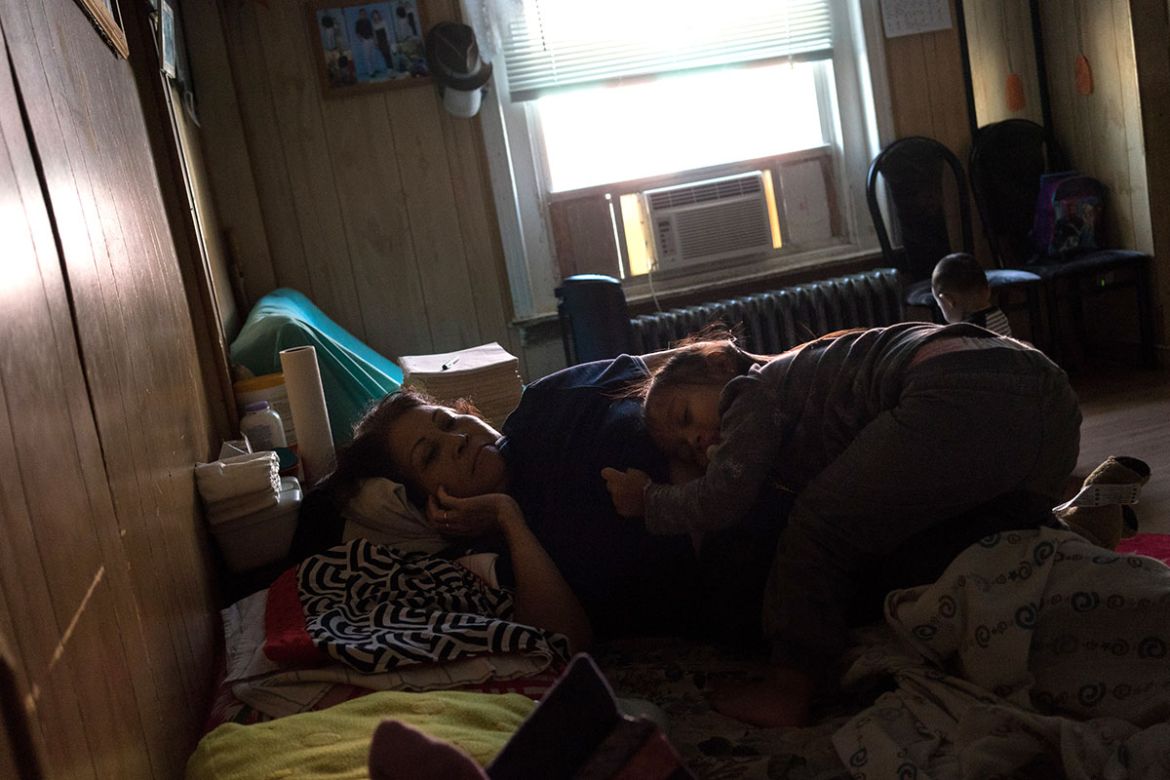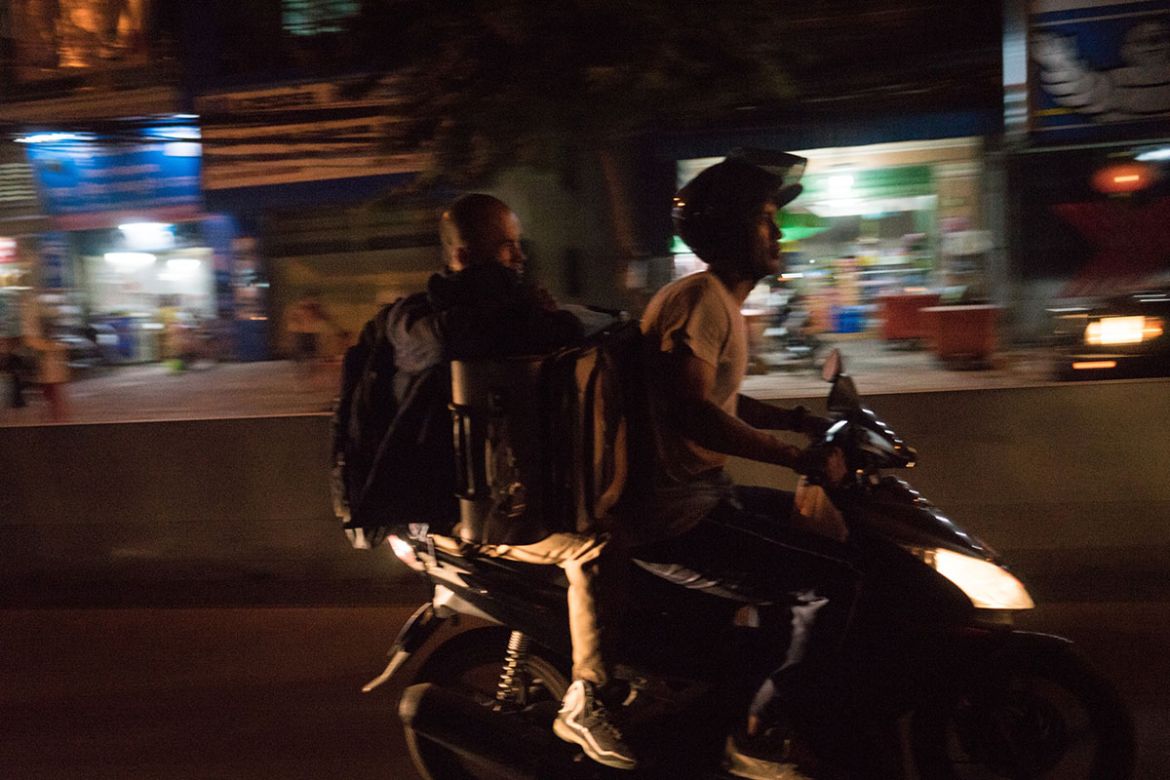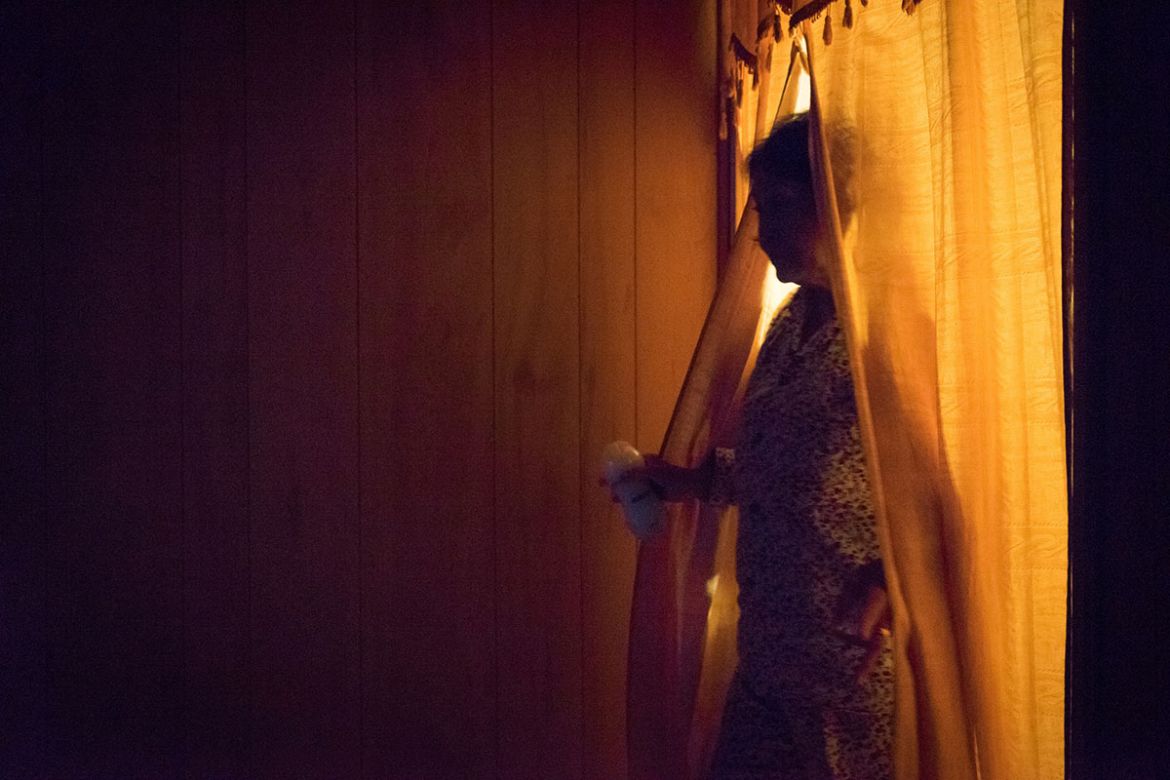In Pictures
Torn families of Cambodian refugees deported from US
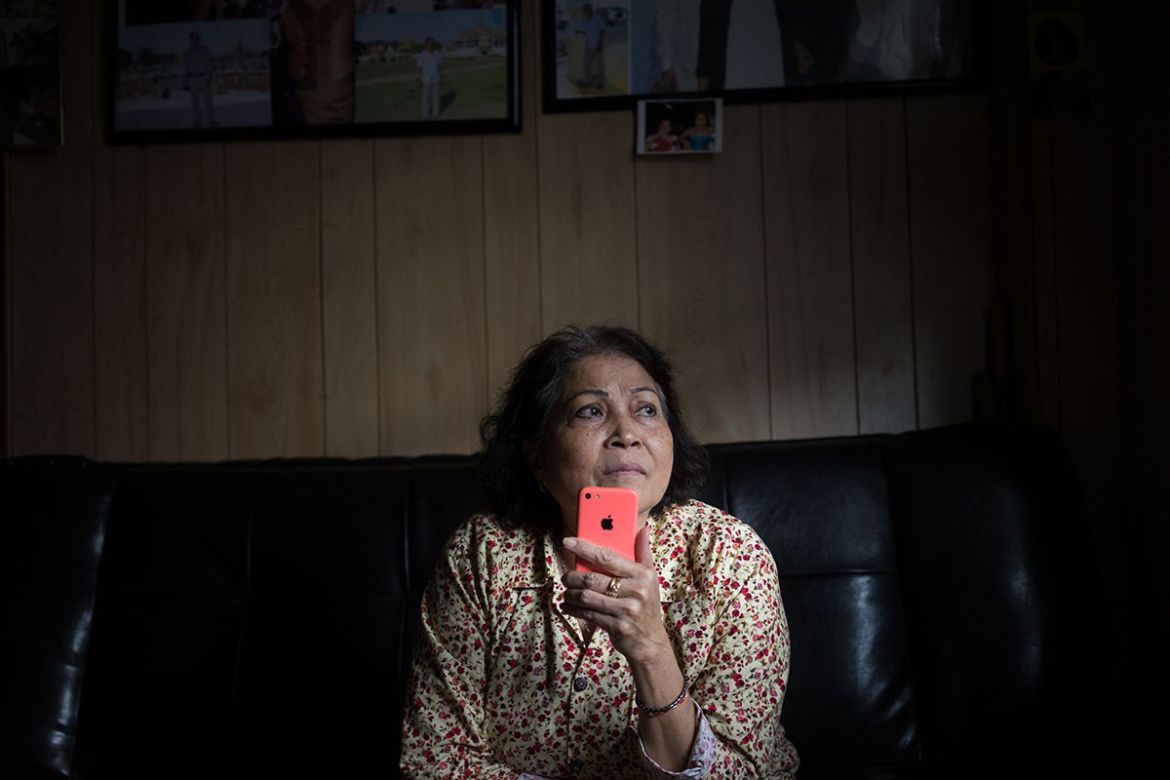
On a cold winter’s day before Christmas, on December 2, 1984, Sokhoeurn and her two sons set foot in the United States for the first time, after fleeing their birthplace of Cambodia from civil war and genocide – arriving as refugees in a foreign land they would come to know as home.
Cambodia was ravished by the war and the Communist Khmer Rouge regime, which tortured, starved and worked to death 1.7 million people – one-quarter of Cambodia’s population. Over 100,000 Cambodian refugees were resettled in the United States after the war.
But, according to the Returnee Integration Support Center (RISC), a non-governmental organisation working with Cambodian deportees, on average, eight Cambodian Americans are now deported back to Cambodia every month. Since the US Congress passed the Antiterrorism and Effective Death Penalty Act (AEDPA) and the 1996 Illegal Immigration Reform and Immigrant Responsibility Act, RISC says that over 500 Cambodians have been deported back to a land of which they have little to no memory.
The retroactive laws, allowed noncitizens to be deported for committing certain crimes even if they were committed before the passage of the law.
With the authority of these laws, Sokhoeurn’s eldest son, Hov Ly Kol was deported to Cambodia in 2010, at the age of 36, for gang-related crimes he had committed as a teenager in 1996, and for which he had paid his dues to society in a 12-year jail sentence.
When Kol left jail, he became a prominent community member, but he was torn from this community and his family when the authorities carried out his deportation order.
In Cambodia, Kol met Elizabeth Beach, originally from Texas, and they fell in love. The two married and had a child, Kathleen, but as Kol can never return to live in the US, the country where both he and Beach grew up, this new family unit is torn as well.
Kathleen is now three years old, and together with Elizabeth, they travel between the US, South Korea, and Cambodia, in order to be together with her dad.
Kol’s mother, 60-year-old Sokhoeurn, lives in southern Philadelphia and is left without her sons, as even her youngest son is serving a prison sentence. Sokhoeurn goes about her daily life, looking after her grandchildren, cooking traditional khmer food, and watching old DVDs of outdated Cambodian soap operas.
